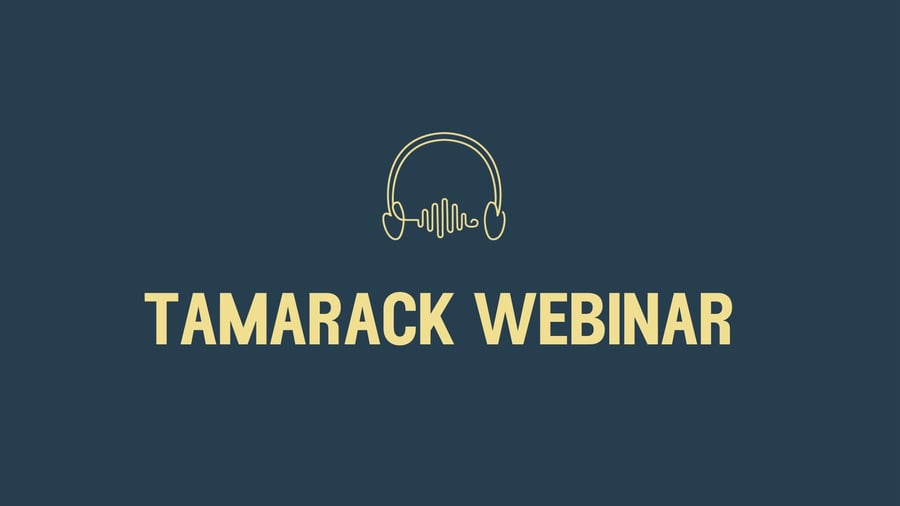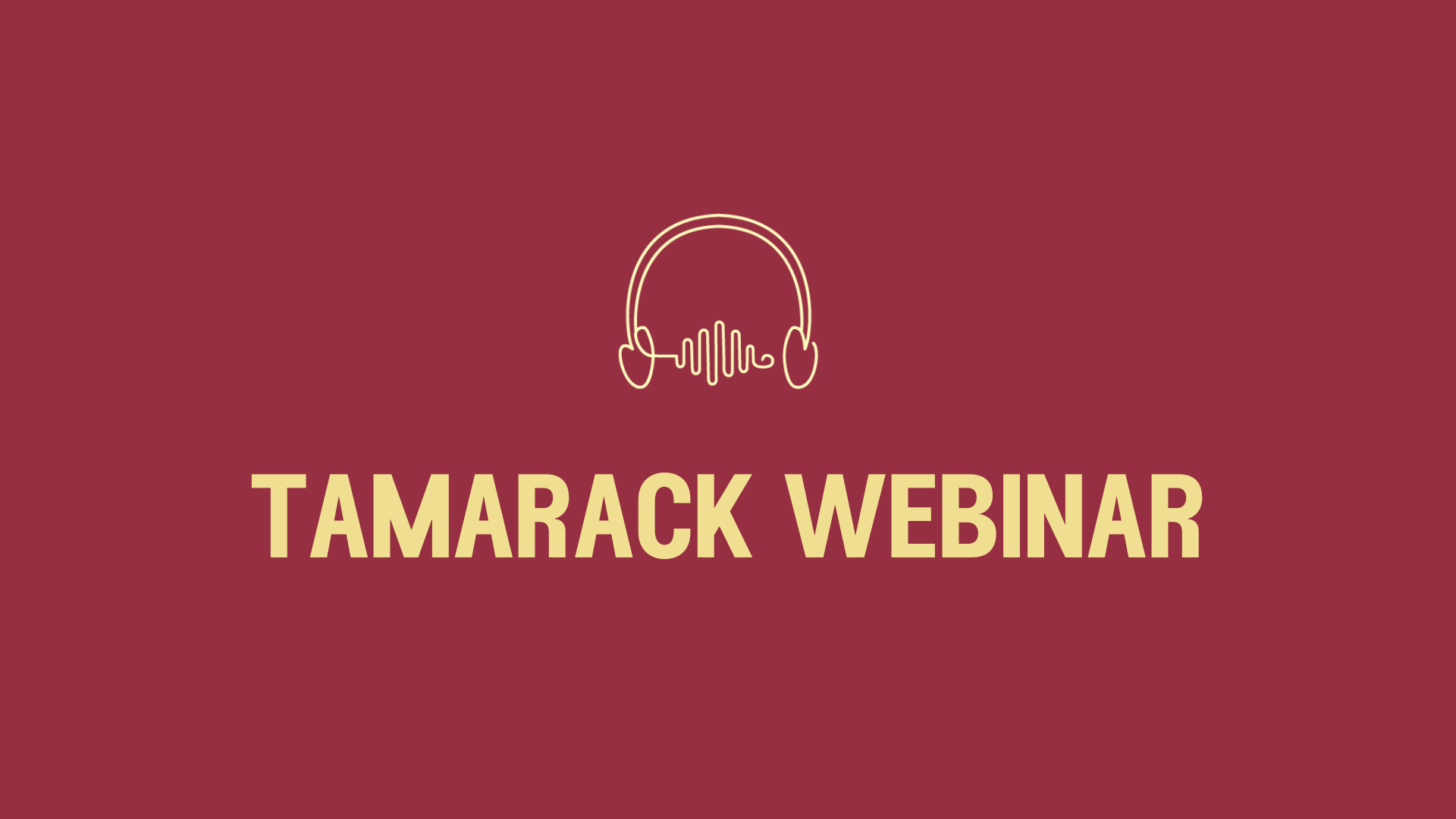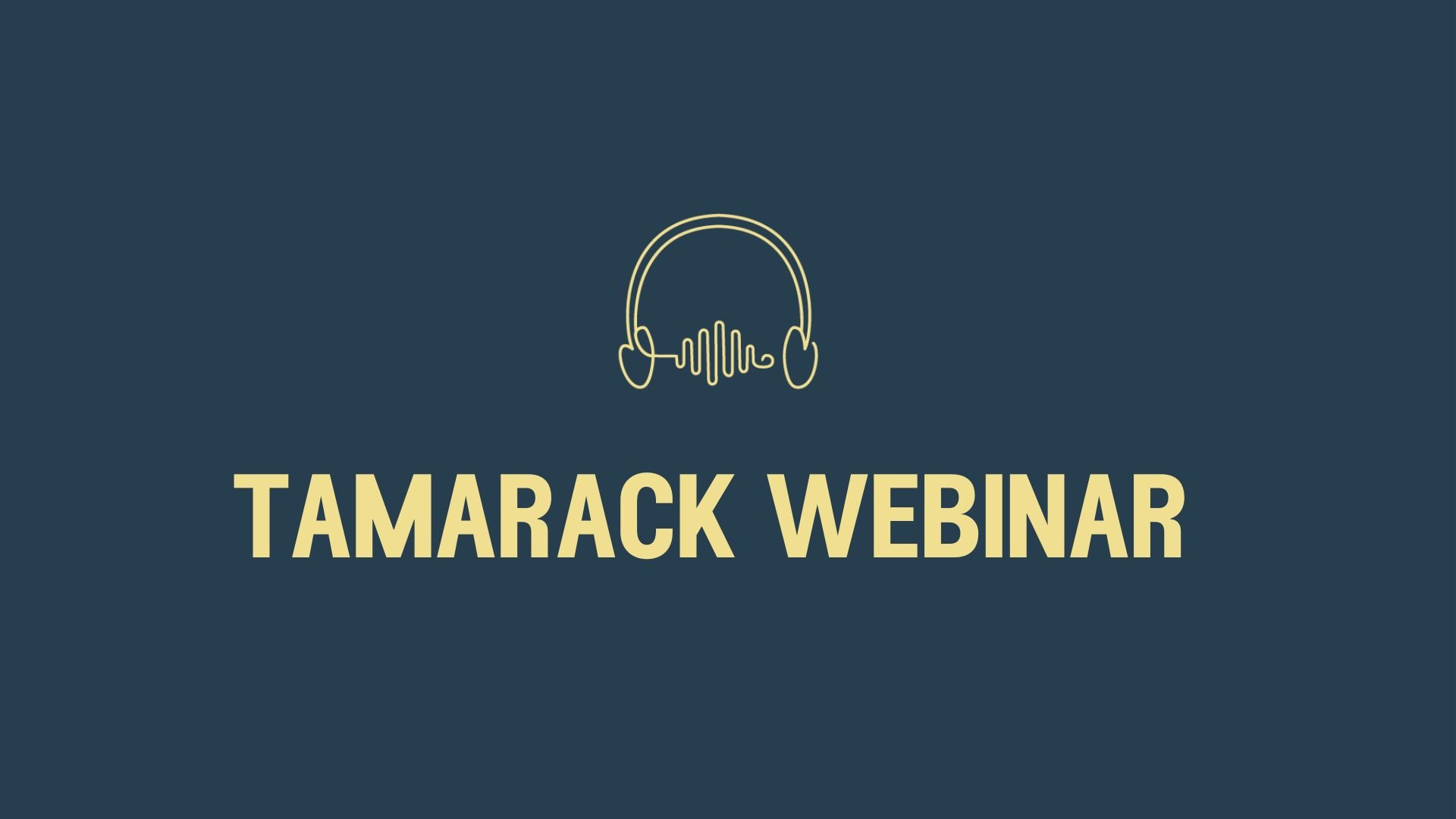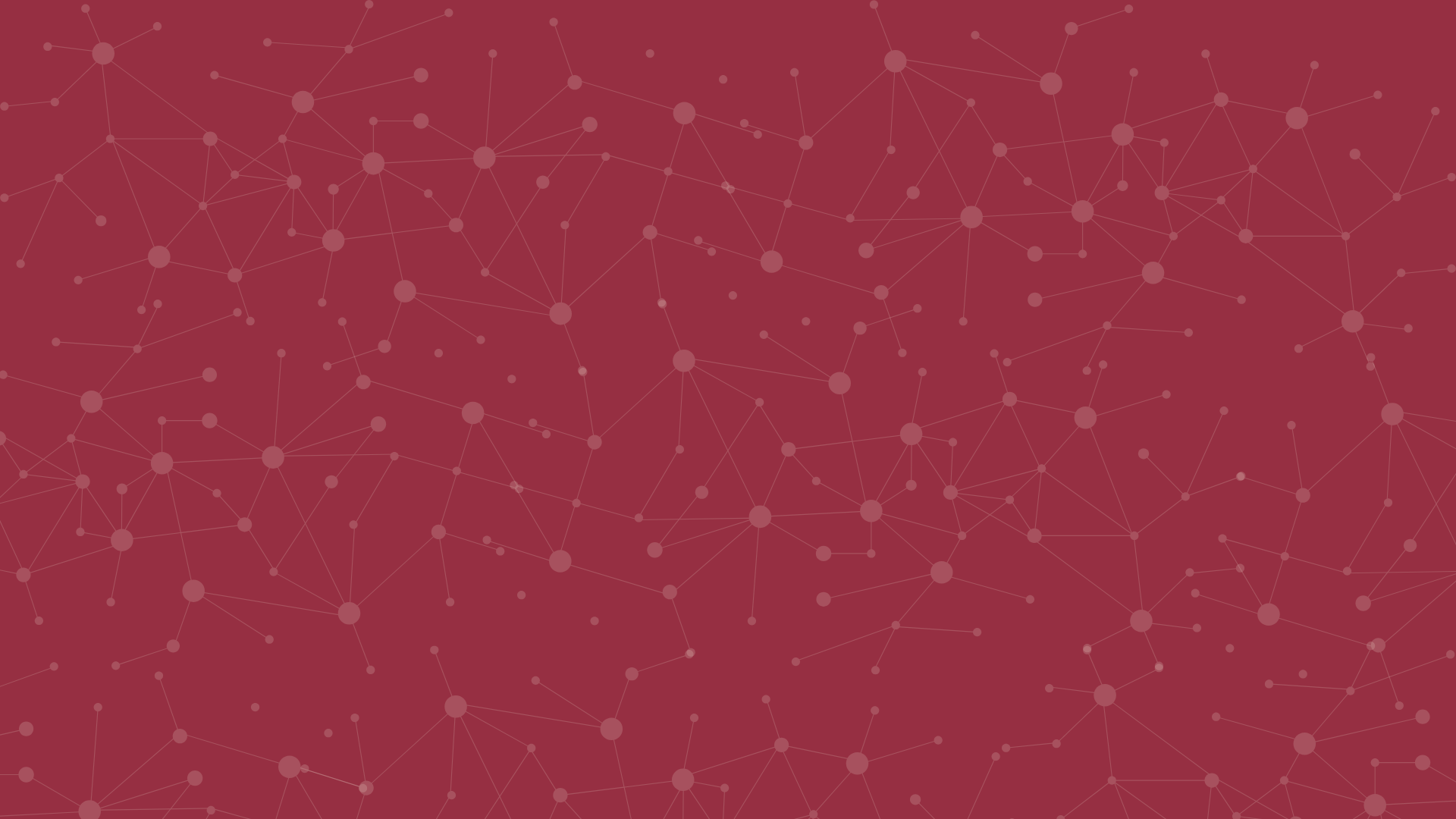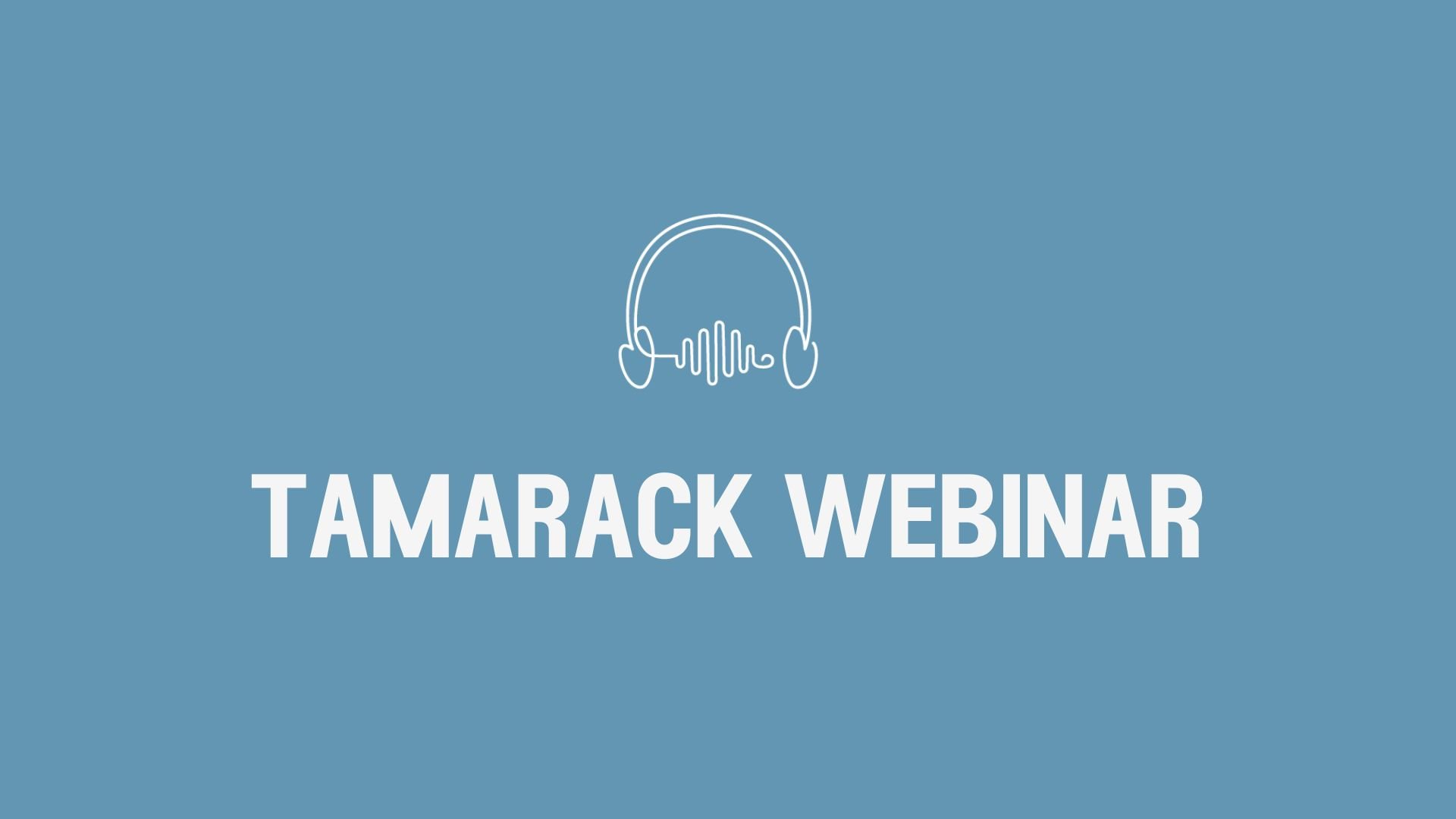The Government of Canada's Budget 2025 was tabled on November 4th, 2025, outlining a transformative plan to strengthen communities, grow the economy, and make life more affordable for Canadians. While it does build on the government’s existing priorities, it also introduces new measures and investments in response to the current social and economic pressures communities are facing. The decisions within this budget have implications for communities, collaboratives, and organizations working to improve the quality of life at the local level.
This timely conversation features speakers with deep experience working on federal budgets and community issues, along with community leaders and organizations sharing what these changes could mean on the ground. They explore how Budget 2025 may shape the future of the community sector and share insights to help organizations respond to and shape the Government’s efforts.
This webinar is brought to you in partnership with the Institute for Collaborative Innovation, Social Innovation Canada, the Global Advantage Consulting Group and the Tamarack Institute.
Speakers
-
David Watters. Founder & President. Institute for Collaborative Innovation
-
Shannon Storey. President & COO, Global Advantage Consulting Group
-
Nicole Norris (She/They), MDes., PhD(c). Director, Social Innovation – Research, Innovation & Entrepreneurship, Georgian College
-
Michelle James. Director, Policy, Vibrant Communities Calgary
-
Justin Williams. Director, Public Policy and Government Relations. Tamarack Institute

